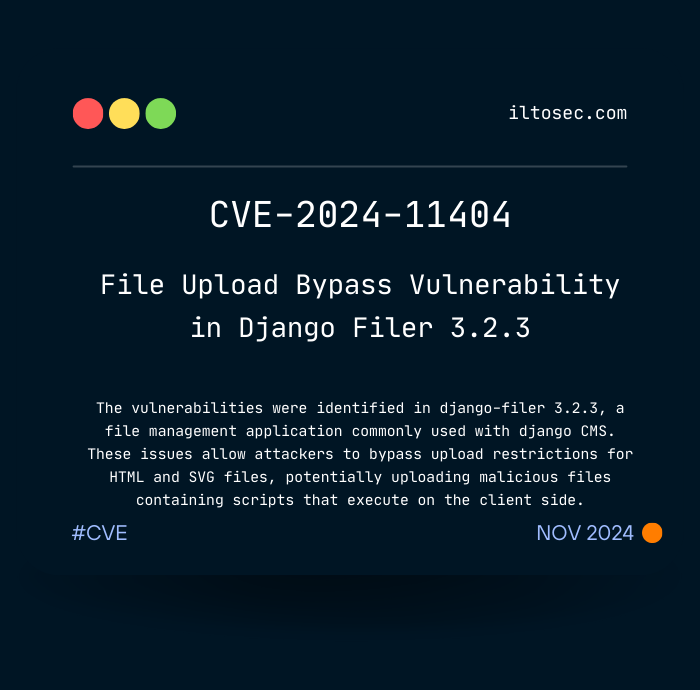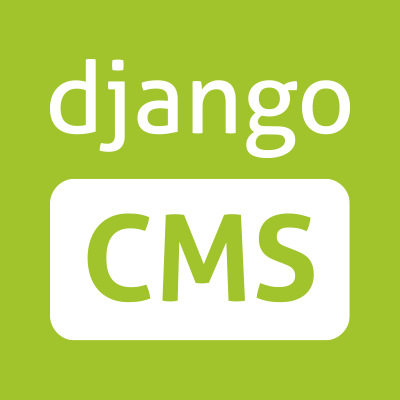Vendor Response:
Plone CMS team recommends addressing the Host Header Injection vulnerability at the web server level, rather than in the application. They suggest configuring the web server (e.g., Apache, Nginx) to validate the HOST header against the server’s hostname during virtual hosting. This is considered the most effective solution.
They also mentioned that the HOST Header can be unreliable and proposed using request.SERVER_URL instead for generating URLs.
For more details, they suggest referring to resources on configuring Apache to mitigate this issue.
Description of the Vulnerability:
Host Header Injection vulnerability has been identified in Plone CMS version 6.0.13. This flaw arises because the Host header is not validated securely during password reset email generation and URL redirection. An attacker can manipulate the Host header to control the domain included in the password reset email or force a redirection to a malicious website. This could trick users into visiting phishing sites or expose them to further attacks.
Location of the Vulnerability:
- Password reset email generation: The vulnerability occurs when the system generates a password reset email with a URL containing the Host header value.
- URL redirection logic: The logic responsible for URL redirection during password reset is susceptible to manipulation by the attacker through the Host header.
Steps to Reproduce:
- Set up a local Plone CMS instance running version 6.0.13 with the default configuration.
- Trigger a password reset request from the login page.
- Manipulate the Host header in the HTTP request to a custom, attacker-controlled domain (e.g., using tools like Burp Suite).
- Observe the password reset email that is sent to the user. Check if the domain has been altered to the attacker's controlled domain.
Impact:
- Phishing Attacks: By altering the domain in the password reset email, attackers could trick users into entering their credentials on a fraudulent site, compromising their accounts.
- Malicious Redirects: If the attacker is able to manipulate URL redirections, users may be unknowingly redirected to malicious websites that could steal data or infect their devices with malware.
Screenshots:
Recommended Remediation:
-
Strict Host Header Validation: Implement validation logic to ensure that only trusted and known domains are accepted in the Host header. Any request with an unexpected or untrusted Host header should be rejected.
-
Secure URL Generation: Ensure that password reset URLs are generated in a secure manner, independent of the Host header. Use an internal mechanism for constructing URLs to avoid manipulation by external inputs.
-
Server Configuration: Configure the web server (e.g., Nginx, Apache) to validate and reject requests with invalid or unexpected Host headers, reducing the risk of exploitation.
- Django's ALLOWED_HOSTS: I strongly recommend using Django's default ALLOWED_HOSTS setting to mitigate Host Header Injection vulnerabilities. This setting restricts the valid domains that can be used in the Host header, making it an effective way to defend against such attacks in any web application.
Server Configuration Guidelines to Prevent Exploitation
Important Note:
If the recommended configurations for Nginx, Apache, or similar web servers are not implemented, this vulnerability may still be exploitable. Please ensure that your server settings are properly configured to mitigate this risk. Below are example configurations:
-
Nginx Configuration:
-
Apache Configuration:
By ensuring these settings are applied, you can significantly reduce the risk of exploitation.
Conclusion:
Host Header Injection vulnerabilities, like the one found in Plone CMS 6.0.13, can have significant security implications if left unaddressed. By manipulating the Host header, attackers can alter the content of password reset emails or redirect users to malicious websites, leading to phishing attacks and data theft. Implementing strong Host header validation, using secure URL generation methods, and configuring server settings properly can significantly reduce the risk of these attacks. For Django-based applications, leveraging the ALLOWED_HOSTS setting is a simple but effective mitigation measure that should be used to safeguard against similar vulnerabilities.
By addressing these issues, Plone CMS can significantly reduce the potential for Host Header Injection attacks, protecting both users and the integrity of the application.




